MarieClaire.com Exclusive: Portia de Rossi on Her Shocking New Memoir
After her interview with Oprah Winfrey earlier this week, we got the chance to speak with Portia, who opened up to MC about Ellen, those controversial Ally McBeal days, and overcoming anorexia in her new book, Unbearable Lightness: A Story of Loss and Gain, out now.
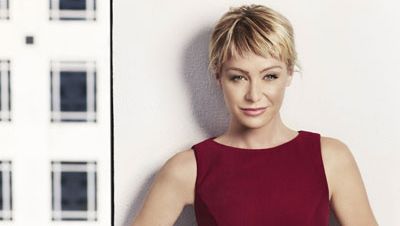
Marie Claire: What was the process of writing this book like?
Portia de Rossi: It was difficult, but it kind of flowed out of me actually. I had a very defined outline and I worked really hard to get a story that would move. The hardest thing for me was remembering what it was like to be that ill and then try to make counting calories and running up and down stairs exciting. I mean, when I was ill, I didn't see anybody, I didn't go anywhere. Nothing happened, other than me just trying to eat 20 calories less of the same old food. That was the trickiest part for me, was to make it compelling and make the story move.
MC: How did you feel about baring your soul?
PdR: Well I realized that unless I really got down into it and showed how people how sick I really was, then they couldn't really understood how far I've come. I could write from a healthy person's perspective and say, "I was sick once," but unless I really wrote in the voice of that really sick person I don't think that people really could understand what it was like and how bad it really got. And it was definitely hard.
Stay In The Know
Get exclusive access to fashion and beauty trends, hot-off-the-press celebrity news, and more.
MC: When you were trying to recreate how sick you really were, did you feel scared that you would get back into that place in your head?
PdR: I certainly have great respect for that horrible disorder, because it took 15 years of my life, so I was very careful to be very aware of my feelings. Ellen kept an eye on me too, to be honest. She would talk to me after a day of writing and she'd ask me how I was feeling, and I think that really helped me. It was great also that I could say to her "I kind of feel a little strange today, I feel…" There was one point when I was writing when I felt my chin connect with my chest, like I didn't have a neck. I thought 'Oh God.' I knew I was bordering on having that horrible, dysmorphic thinking. But it was kind of good, because I really went through it again. I think that I needed to, and it was the right thing for me to do because the story came so quickly to me. It was very cathartic and I don't think I would have properly healed unless I really went back and examined it. I'm not saying that in order to be healed you have to write a book, but you do have to look at what happened. Eating disorders are shrouded in secrecy and there are so many things I felt very ashamed of that I could never talk about. Even though I have fully recovered there were still things that I needed to go through again and work through. So I'm glad.
MC: Do you feel as though, even though you've recovered, the illness is always with you?
PdR: No, absolutely not, that's the thing I actually wanted to get across in the book. That you can suffer very, very deeply and be fully recovered and never ever think about diets or your body image or food ever again.
MC: What is your relationship with food like now?
PdR: I have a very, very healthy relationship with food in that I eat whatever I want, whenever I want. I never restrict quantities or types of food. Everything that I want I allow myself to eat. As a consequence, I eat a very kind of regular, normal diet and it's not perfect, it has a kind of smattering of junk food in there. It's because I allow myself to eat potato chips if I want potato chips and candy if I want candy. I never, ever, restrict food and I will never go on a diet ever again. Not for my wedding day, not for this publicity tour that I'm doing, there's nothing that will make me restrict calories. Even if I'm hormonal and I feel like I've got a couple pounds of water weight, I will never starve myself, I will never, ever go in a diet.
MC: That's such a powerful message.
PdR: Well, I mean, I know it sounds ridiculous, but dieting was the cause of my eating disorder. I was 12 years old when I went on my first diet and I got the high of losing a pound, I felt that sense of accomplishment when I lost weight and I felt devastation when I gained it back. That cycle began when I was 12 and it continued in varying degrees until I was 30 years old, until I figured out that dieting was actually a major cause of my lack of self-esteem and my lack of acceptance of myself and my body size and it made me very, very depressed. It made me feel out of control, it made me feel weak. I could never stick to a diet no matter how hard I tried, and when I tried really, really hard I got down to 82 lbs and my organs were almost shutting down. I mean what is a successful diet, really?
MC: When you were 82 lbs or even when you were 100 lbs, were you hungry all the time?
PdR: I don't remember if I was hungry all the time. I'm sure I was hungry some of the time, or even most of the time, but I do think that after a while I didn't even recognize that I was hungry. I felt very empty and I felt very anxious. It was worse than hunger. I felt like my brain wasn't functioning.
MC: Did you have headaches all the time?
PdR: I don't remember headaches, but then I was smoking like crazy as well.
MC: Do you still smoke?
PdR: No, I don't. I felt very bad all the time, and you know it's funny, I've been speaking to women who have eating disorders, and anorexia in particular, and we all have a kind of similar story as far as our brain's not working very well, and getting into car accidents. What I didn't really write in the book was that I had minor car accidents constantly.
MC: Why?
PdR: Because I literally couldn't think. It's weird — my reaction time would be very strange and I just wasn't functioning.
MC: Like you were impaired in some way?
PdR: Yeah, exactly. Food is fuel, food keeps you alive, food keeps everything working, food keeps your heart beating. So depriving yourself of food will certainly take a toll on your body after so long, but also your mind. I mean your brain just can't function.
MC: Do you think your illness was enhanced or intensified by the environment where you were working at the time, on the set of Ally McBeal?
PdR: I would be naive to think that it didn't have any effect on me whatsoever. But then again, and I'm not saying this to be protective of anyone at all, it wasn't the environment of Ally McBeal. It was the general environment of actresses at that time and we just happened to be on a very popular TV show. I mean, the whole kind of super model era was over in the late '90s and actresses started taking their jobs and taking their place. We were on the magazine covers and all of a sudden we're wearing all the designer gowns, and doing beauty campaigns. So I think there was a lot of pressure on actresses to be model thin and live up to the image of the perfect woman and to emulate models at that point. I know that I felt it because everyone around me that I knew was getting a beauty campaign or the cover of a fashion magazine, and I wanted to do that too because that just seemed like part of what made a successful actress at that time.
MC: Do you think that people with eating disorders enable each other?
PdR: I do. I think that when your behavior is shared with everyone else, then you no longer look at it as abnormal; you look at it as normal. So I think that when you're around like-minded people it's hard for you to really examine your behavior, for sure.
MC: You wrote in the book that no one on the set of Ally McBeal ate lunch together.
PdR: The only thing that indicated to me, or why I even wrote about it, it wasn't even about food or dieting or eating or not eating. It was about the fact that we didn't connect to each other. We didn't talk to each other, and kind of establish a trust amongst us so we never really could talk to each other about our experiences.
MC: It seemed like there was not a lot of camaraderie.
PdR: It was a nice environment. We were all very friendly to one another but we weren't very intimate with each other; we weren't very close. I think it was partly because the set was so well organized and it was so well run, and I've never seen this since actually, where you get your work time, and everything would work like clockwork. It would take exactly the time that was allotted for the scene and we were all very professional and very prepared, and it was like a well-refined machine.
MC: I imagine the set of Arrested Development was completely different.
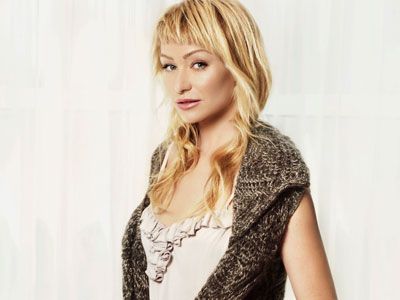
PdR: It was fantastic. I'm just laughing because I remember making myself a peanut butter sandwich or something at Kraft Service and (Jason) Bateman walks past and goes, "Oh Porsh, we're not canceled yet."
MC: Was that as much fun as it looked like?
PdR: It was so fun. It was ridiculously fun, and those boys were just, ah I just love them like brothers. They were all so funny and so intelligent and so witty, and everybody on the set just loved what they were doing. In fact, doing Arrested Development really made me realize the most important thing I could do in my career was act well. As ridiculous as it sounds, when I did Ally McBeal I thought I had to look good. Then I got to Arrested Development, and I thought I have to be fun. I have to actually really look at why I got this role ... what I looked like was so secondary and not important compared to how funny I was or how well I was doing as an actress in that role. And that's a huge thing, I hope that's something that people get from this book, that what you look like is so unimportant compared to what you think and what you do and who you are.
MC: Was it the call from the doctor who said your organs weren't functioning that served as your wake-up call?
PdR: It was a lot of things actually. It was my mother's acceptance of my sexuality, that was a big one for me. It was the fact that I read Naomi Wolf's The Beauty Myth — the chapter called "Hunger." I thought, wow, I really fell for it. I wanted to appear in control, independent and successful, when in reality, I was weak, I couldn't feed myself. I thought, "That's interesting." I'm actually diminishing and getting smaller and taking up less space when in my head I was trying to be powerful and be big. It was that, it was the fact that I got so sick that I really had a choice. I just didn't want to live with chronic illness. I didn't know where this diet thing was going to end. I was miserable. I was isolated. I felt bad, I felt sick all of the time, I hurt all the time. I just thought that my way wasn't working and I had to try something else. I just wasn't, I really wasn't ready to give my whole life over to a diet.
MC: Do you have any regrets? Obviously you wish you weren't ill, but any regrets about how you handled it?
PdR: Oh god, I mean, it's hard, first of all to have regrets. I am so happy now and I believe that whatever experiences I've been through were meant for me. I had to do it, somehow. But I wish that I'd enjoyed myself. I wish that I'd realized that I was hired because I was talented and not because of what I looked like. Which really was so secondary but for whatever reason I thought it was everything. I wish that I could have lived a more honest life and been brave enough to come out earlier.
MC: Did you not come out earlier at all, like at a younger age in Australia? Was it really that late in your life?
PdR: It took me a while to realize that I was gay. Probably until I was about 18. I really loved men. I really did. My male friends were very important to me, and I really wanted them to see me as an equal, not as somebody they wanted to shag, you know? So it just didn't really occur to me that I was gay until I was 18, when I realized that in order to have a happy life with somebody it would have to be with a lesbian, because my straight girlfriends weren't into it at all!
MC: Is that when you had your first gay relationship?
PdR: Yeah, I was in law school and was actually a very happy time for me. It was a year of just going to school, I met a girl, and I was pretty much out. I was. And then I got a movie, and then I ran back in! As fast as I possibly could, I ran into that closet. I thought, "Oh, movie, actress, must go now, back to the closet." And so that was that.
MC: I feel like this is a book about your eating disorder, but it's so interesting to hear how it's related to your sexuality.
PdR: More than anything, I feel like my issues were eating disorders and my sexuality, so that's what I focused on in the book, but what it's really about is my lack of self-acceptance and my struggle with self-worth. It started when I was very young, I changed my name because I wasn't happy with who I was. It wasn't enough; it was too ordinary, too boring. And it's taken a very long time for me to kind of look at myself in the mirror and say I accept myself, and get on with my life.
MC: Did you have to do that before you entered a loving relationship, or was it part of that?
PdR: I think that it preceded it. The fact that I did recover from my ED, I did have, got to a place of peace with myself before meeting Ellen, but I mean, she certainly helped me stay in that place. She certainly, every day, she helps me focus on what's important and it sure as hell isn't what I look like to her.
MC: Is it a mutual, does she struggle with this and do you help her feel great about herself or comfortable?
PdR: I think that we both make each other feel beautiful, because we both just adore each other for who we are as people, and it's just not… I know that she loved me at 168 pounds and I know that she will love me when I get old and wrinkly, so that certainly makes me feel very secure and very happy, and I do the same with her.
MC: In the last chapter of your book, I love the scene where Ellen reads it and says, "Honey, you were a little crazy."
PdR: Well, it's true! You know, she was reading all of this for the first time, she wasn't really aware of how deeply I had suffered, and how much I'd struggled with it. You know, it's hard. She read all those scenes of like crazy compulsive behavior, and she looked at that and was like, wow, that's nuts! Because it's nuts. It is completely crazy, and yet at the time, I thought it was the right thing to do, I thought I was making healthy choices. That's the crazy thing about anorexia; it really is a gradual descent from a diet to a disorder. It really is something that seems completely logical and healthy in fact at the time. I always thought, well, if I had 100 calories, then 80 calories is better. And 10 minutes more exercise than 10 less minutes because everybody admires people who can diet successfully and who work out.
MC: And you were getting that positive feedback, your stylist saying you looked so great, that must have been affirming.
PdR: Yeah, of course, everybody around me admired me. Everybody said I looked good.
MC: What about when you were 85 pounds?
PdR: Then they didn't even want to look at me, confront me at all, that's the thing I hope this book gets into the hands of people who know someone suffering from an eating disorder, has a daughter who suffers, because I think the best thing that could have happened to me was that everybody I knew said something to me. People were so afraid to confront me because they think I would completely shut them out. And I did, the people who confronted me, I didn't want to have anything to do with, for sure, because I was angry that they would confront me, and I didn't believe them, but the fact that they said something stuck with me. Instead of them saying, you're too thin, what I think would have worked better would be hearing that I looked sick, or that I looked like I was suffering or couldn't cope or weak or ill, because the image that I was trying to project was that I was strong and successful and thin. You know, the thing that everybody wants to be. I wanted people to admire me, not tell me I was sick.
MC: And now that you have a healthier relationship with food and eat what you want, more of a nonrestrictive way of eating, do you find that your body has found its natural weight?
PdR: Yes, I stay the same weight, I know I don't gain or lose. I haven't been on a scale for years. I don't know, but I imagine it would be 130 pounds, because it was the weight I would always return to, the weight my body feels the best at. So I imagine it would be 130. That's the thing, if you can't actually accept your natural body weight, and I think everyone kind of knows what it is — you know when you're overweight, when you're underweight — if you can accept it, you can eat whatever you want, whenever you want, and never think about food again. Never ever deprive yourself of food. It's really crucial, and mothers just never ever diet in front of your kids. And really, that's all you need to do. A, don't diet, but you can't send that message to your daughters.
MC: Did you grow up with that message all the time?
PdR: You know, I was witness to it, yes, but my mother wasn't even that diet-obsessed, actually, but she did comment on other people's weight a lot. But, yes, I knew that she had dieted, and she taught me how to diet. I don't blame her at all because everybody thought that dieting was the way to lose weight back then — late '70s, '80s, I wouldn't expect her to know any better, but I do expect people now to know better.
MC: Has she read the book?
PdR: She loved it. It was hard for her to read, she cried a lot, there are things she didn't know at the time, and I think that she feels like she wished she had done things a little differently, but you know, she really supported me through this, and I'm so glad, because I really love her, and she did the best that she could at the time, and I didn't want to hurt her with this book, but I had to be honest, and thank God that she supported me in that, or else I wouldn't have been able to write it, not like this. Not with this much honesty.
MC: Did she read it first or did Ellen?
PdR: Ellen.
MC: How did you talk to your mother about it?
PdR: We talked a lot about it. She always wanted me to be a writer. When I was a kid at school I would write creatively, and she always said, "Oh you have talent, you should write!" So she was very excited when I got the book deal, and we just talked it through. She reminded me of some things that I'd forgotten, and she helped me remember my childhood a little better and some events that happened. She worked for a doctor and I always thought that she kind of took the samples of this phen fen type drug. We hadn't talked about it. I was very young when I was taking this drug, and she reminded me that I had actually gone to a doctor, had a body fat test and was weighed, and the doctor prescribed phen fen to a 15-year-old, and she was really worried about it. In my head as an adult I'm thinking, Mom, why would you ever think that was a good idea, and of course I painted her in my head as this really ignorant or not caring parent, when in fact, she hated it, she hated the diet pills and was so worried about it all the time. But they were prescribed by a doctor and I would go back and get checked up and get another prescription, and it was just common practice.
People don't realize that drug use is so connected to body image and weight loss for women and it drives me insane that most women start smoking in order to maintain their weight, and it's not just smoking. I've known women to do cocaine or meth or speed to lose weight, period. And diet pills too, a lot of people get hooked on diet pills and start using illegal drugs. I'm really not kidding, I cannot tell you how many friends of mine, people that I would never have thought had a problem, have said to me, I used crystal meth to lose 10 pounds. It's insane. But smoking is the obvious one, so it's a problem. It's a real problem.
MC: Well I just loved your book. I hope you write another one. Thanks so much for your time and candor. Good luck with the rest of your tour.
PdR: Thanks, I'm gonna need it!
Dedicated to women of power, purpose, and style, Marie Claire is committed to celebrating the richness and scope of women's lives. Reaching millions of women every month, Marie Claire is an internationally recognized destination for celebrity news, fashion trends, beauty recommendations, and renowned investigative packages.
-
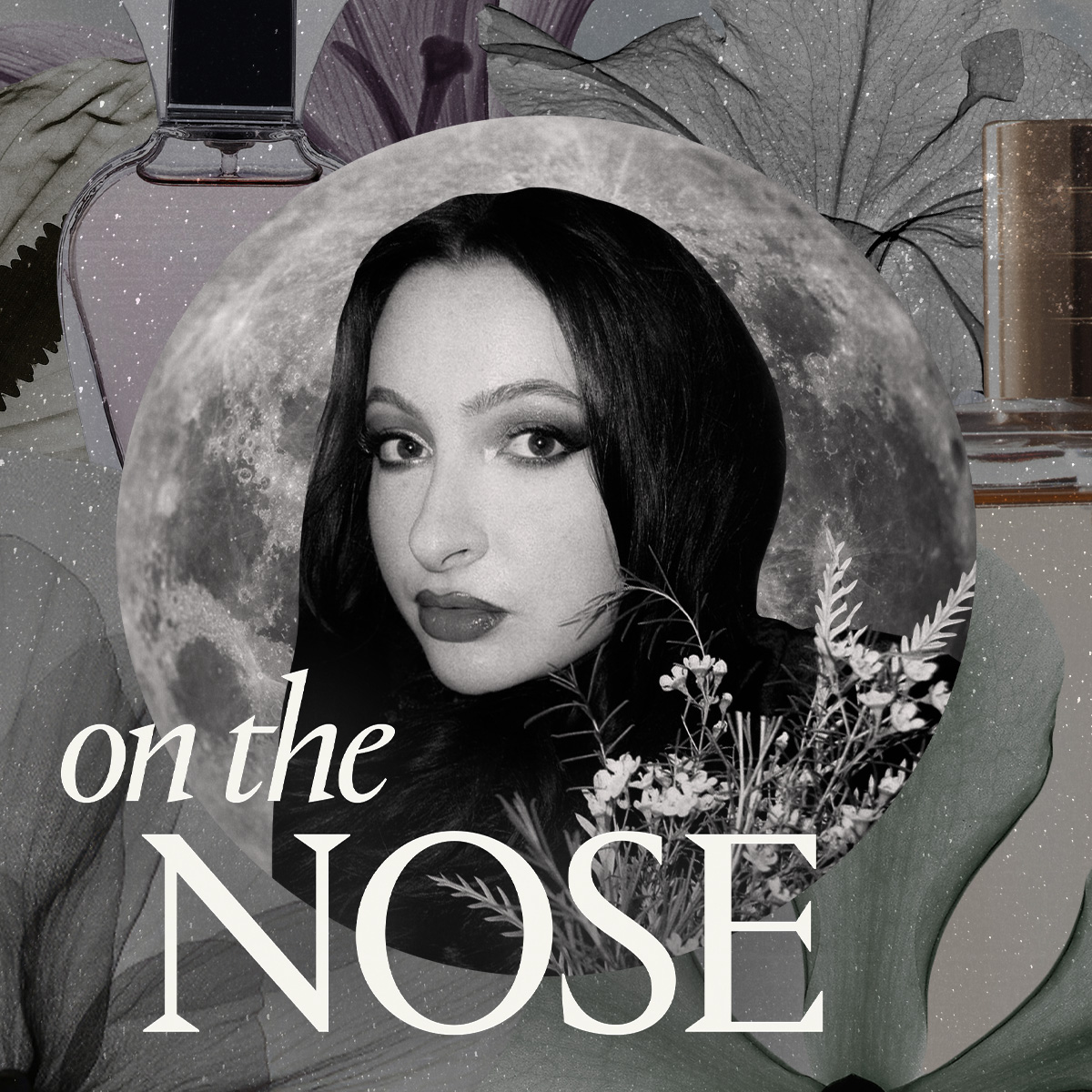 PSA: Your Fragrance Horoscope for Taurus Season Did Not Come to Play
PSA: Your Fragrance Horoscope for Taurus Season Did Not Come to PlayWhether you're cocooning or blooming, your scent is written in the stars.
By Aliza Kelly
-
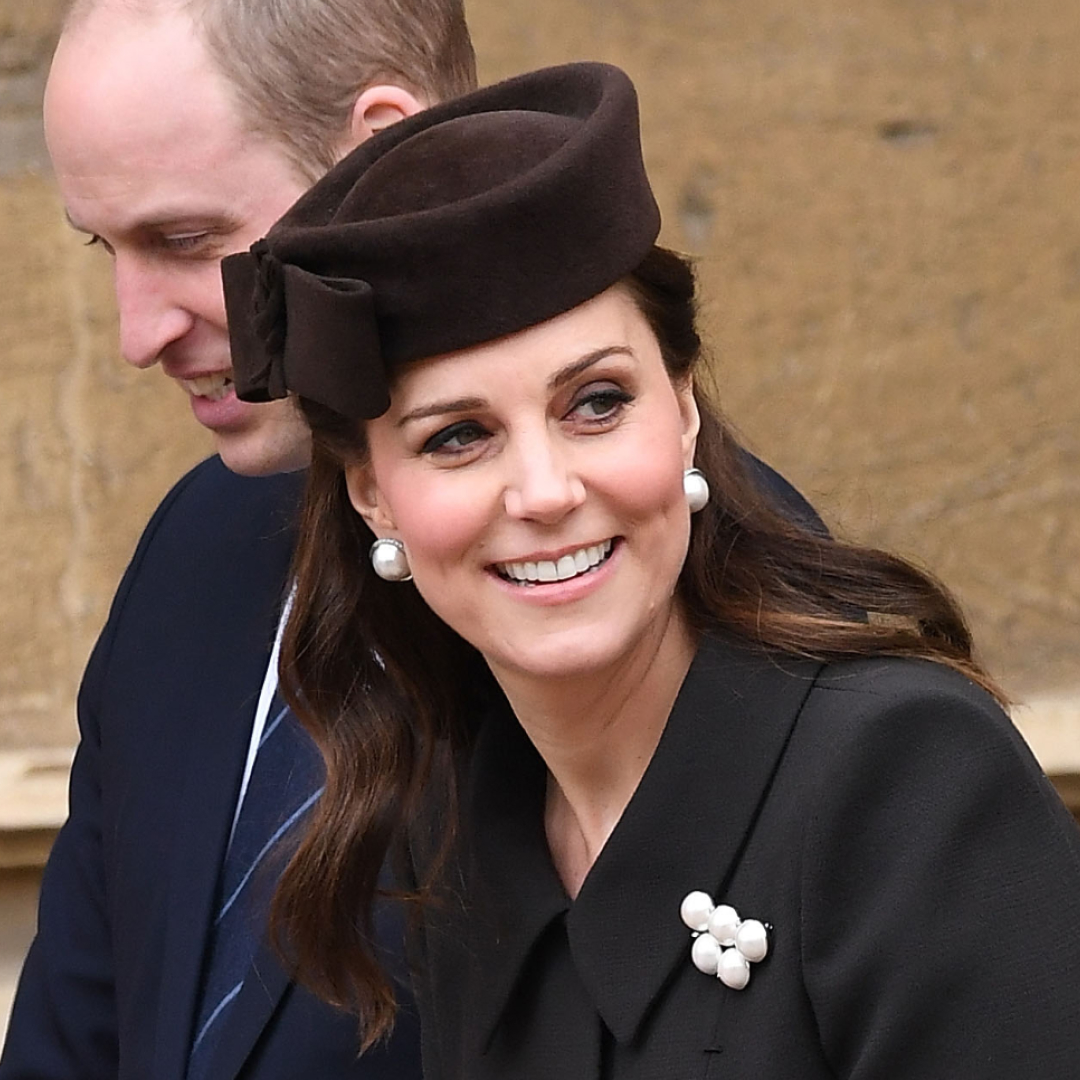 The Royal Family Easter Rule Kate Middleton Broke in 2018
The Royal Family Easter Rule Kate Middleton Broke in 2018The Princess of Wales was pregnant with her third child—Prince Louis—at the time.
By Amy Mackelden
-
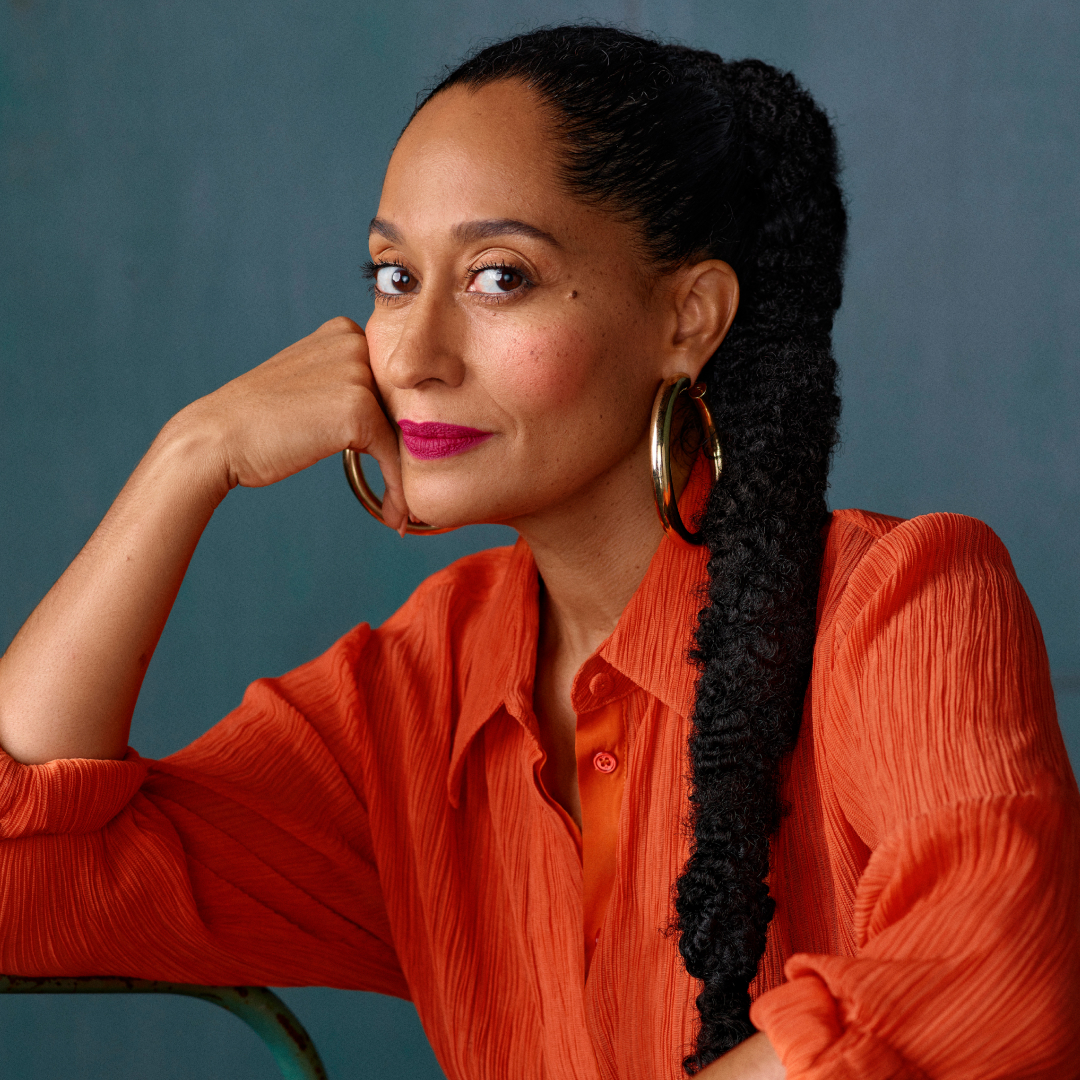 Tracee Ellis Ross Reflects on "Grief" Over Not Marrying or Having Kids
Tracee Ellis Ross Reflects on "Grief" Over Not Marrying or Having Kids"I grieve the things that I thought would be and that are not."
By Amy Mackelden
-
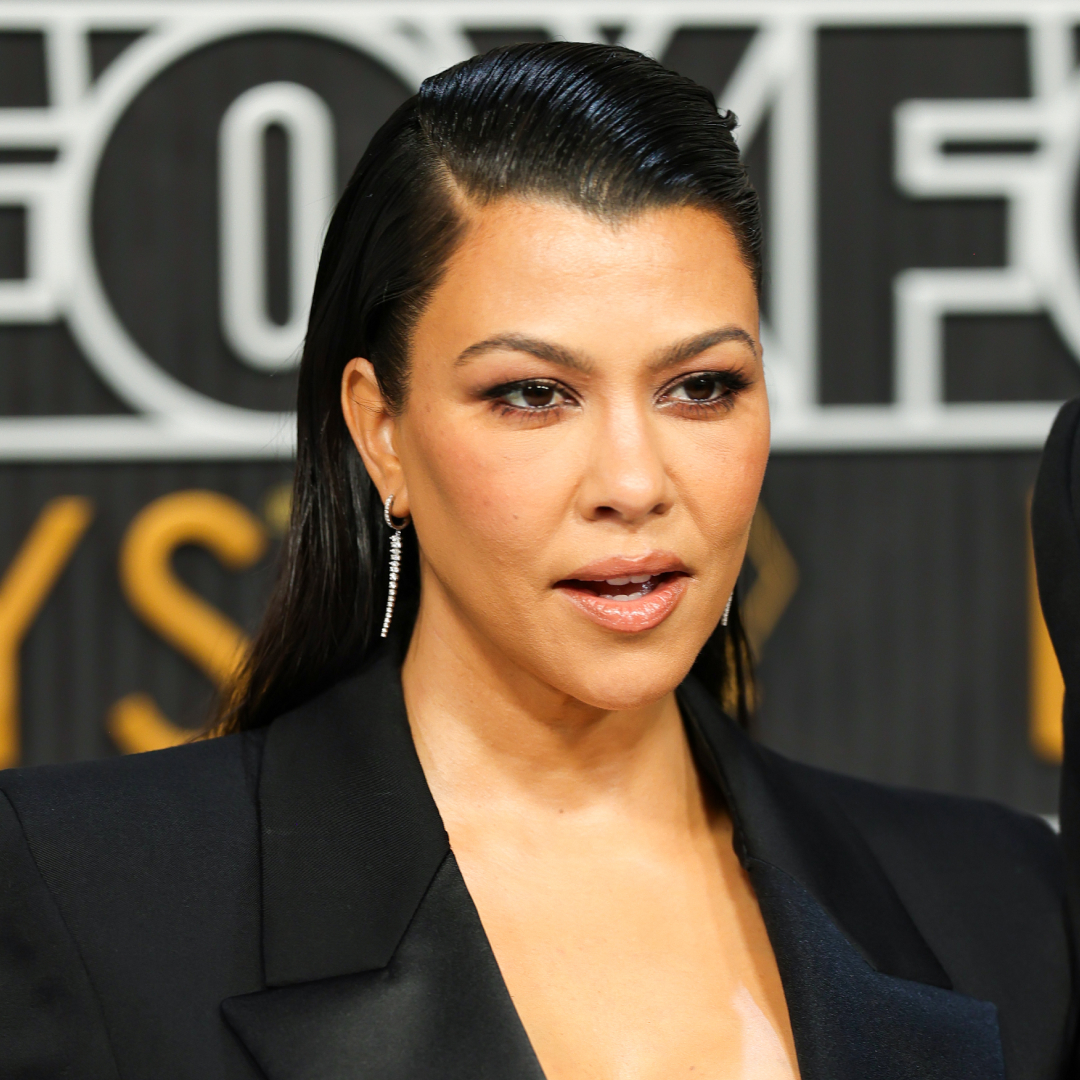 Kourtney Kardashian Says She "Pounded a Glass of Breast Milk" After Feeling Sick
Kourtney Kardashian Says She "Pounded a Glass of Breast Milk" After Feeling SickWell, that's a choice.
By Danielle Campoamor
-
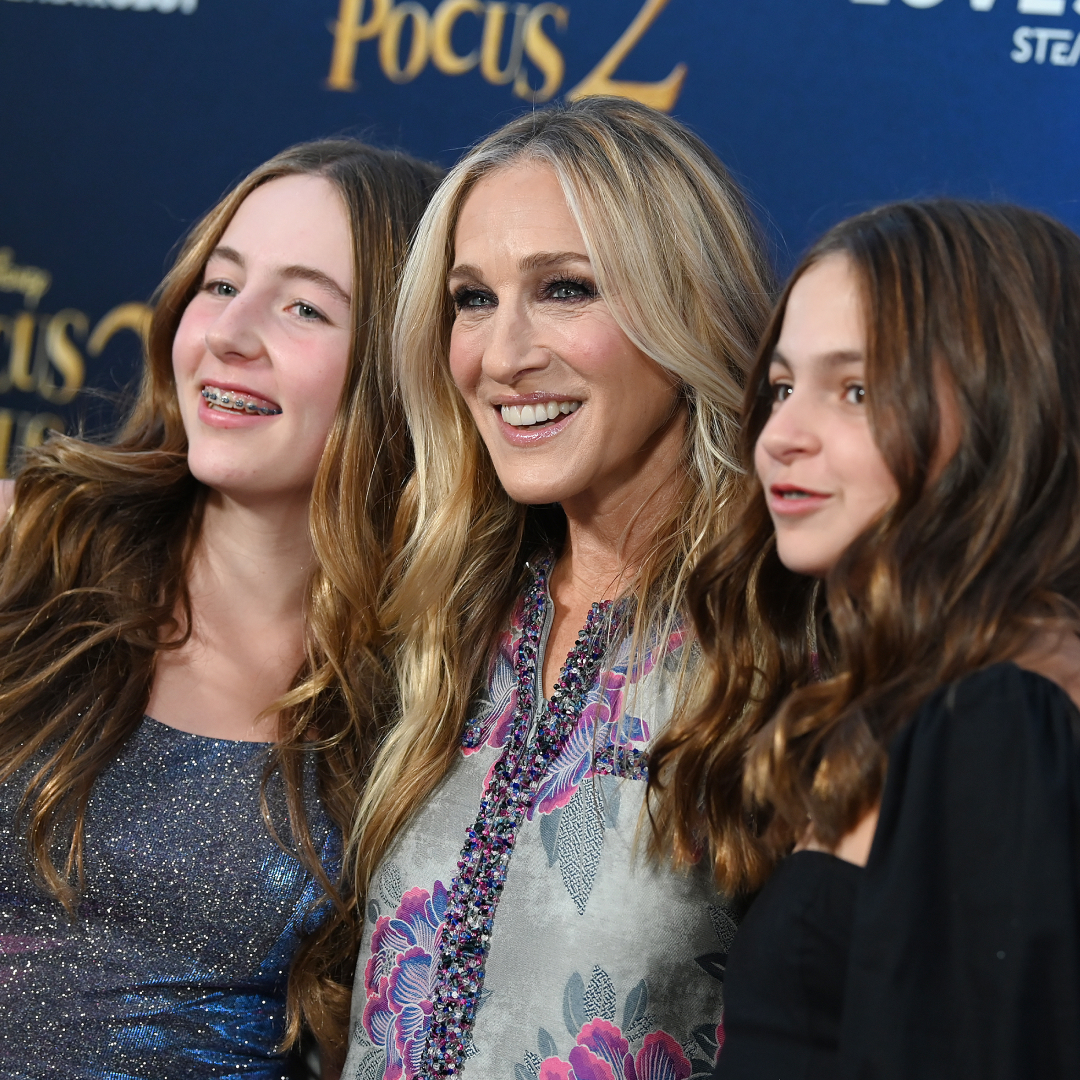 Sarah Jessica Parker Shares the Way She Helps Her Twin Daughters Have a "Healthier Relationship" With Food
Sarah Jessica Parker Shares the Way She Helps Her Twin Daughters Have a "Healthier Relationship" With Food"My daughters will have the figures they have..."
By Danielle Campoamor
-
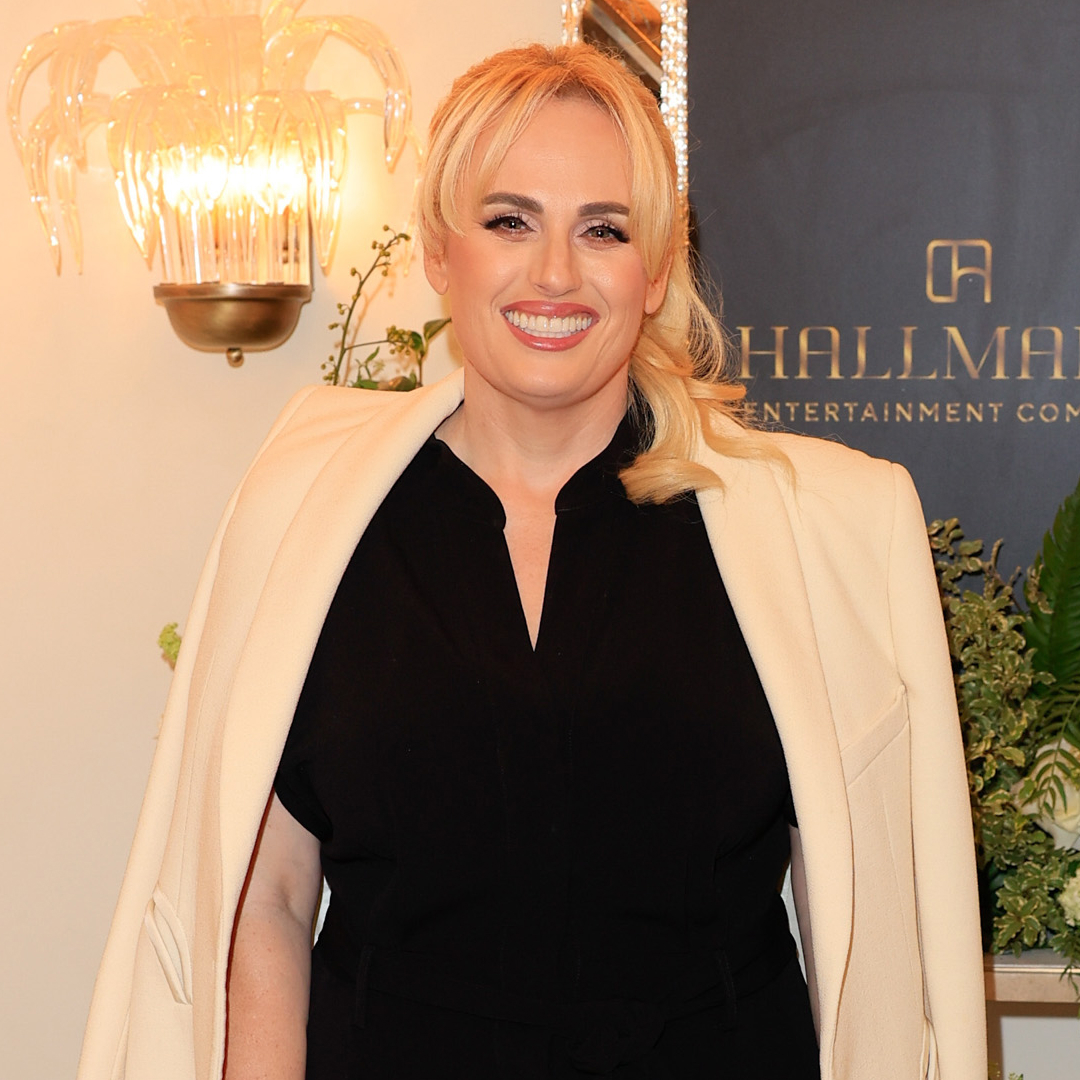 Rebel Wilson Says She Received \201cMore Attention for Weight Loss Than Any Movie\201d She’s Ever Done
Rebel Wilson Says She Received \201cMore Attention for Weight Loss Than Any Movie\201d She’s Ever Done\201cI know that’s superficial, but it was nice.\201d
By Danielle Campoamor
-
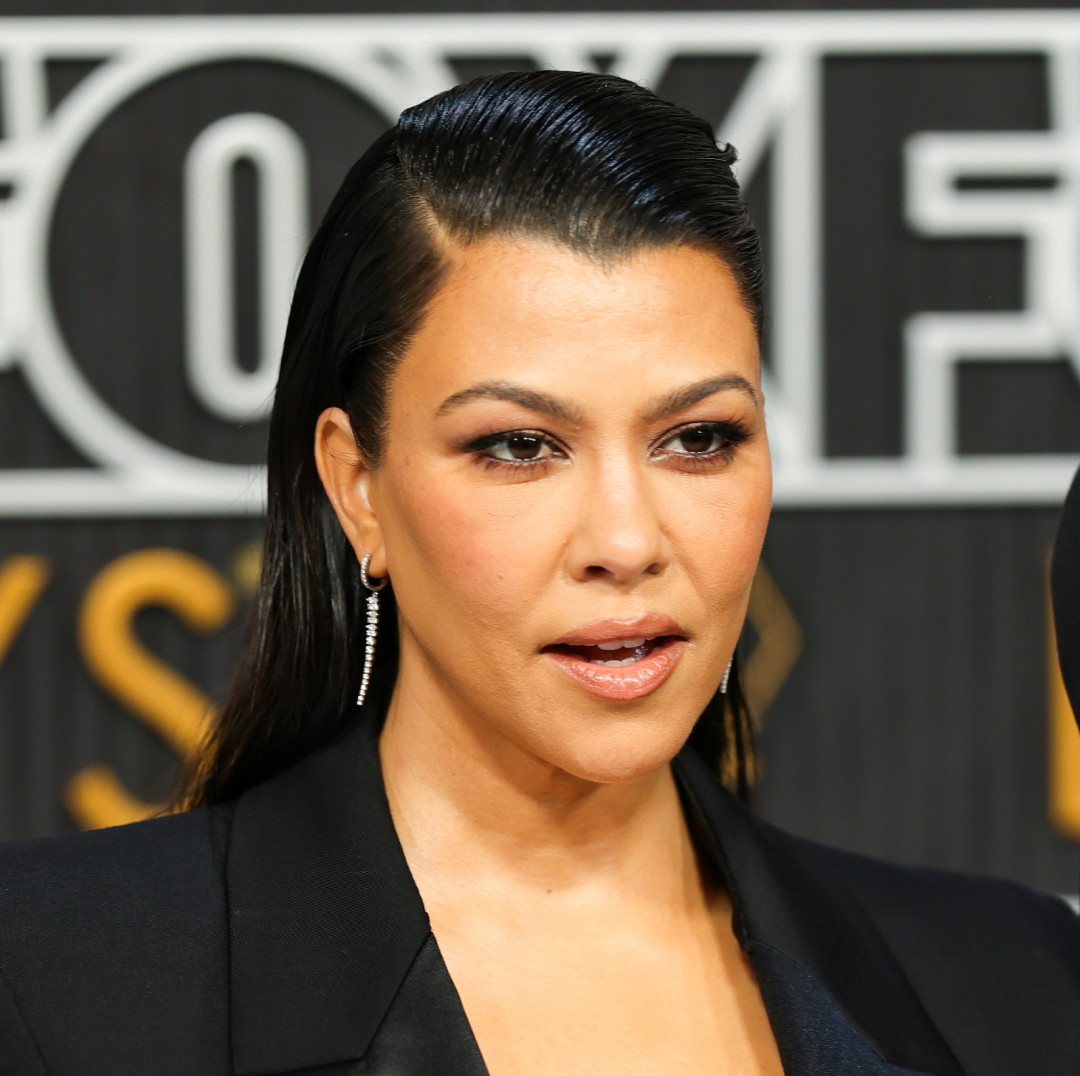 Kourtney Kardashian Shares Candid Photo of Herself Breast Pumping
Kourtney Kardashian Shares Candid Photo of Herself Breast Pumping\201cThat’s life.\201d
By Danielle Campoamor
-
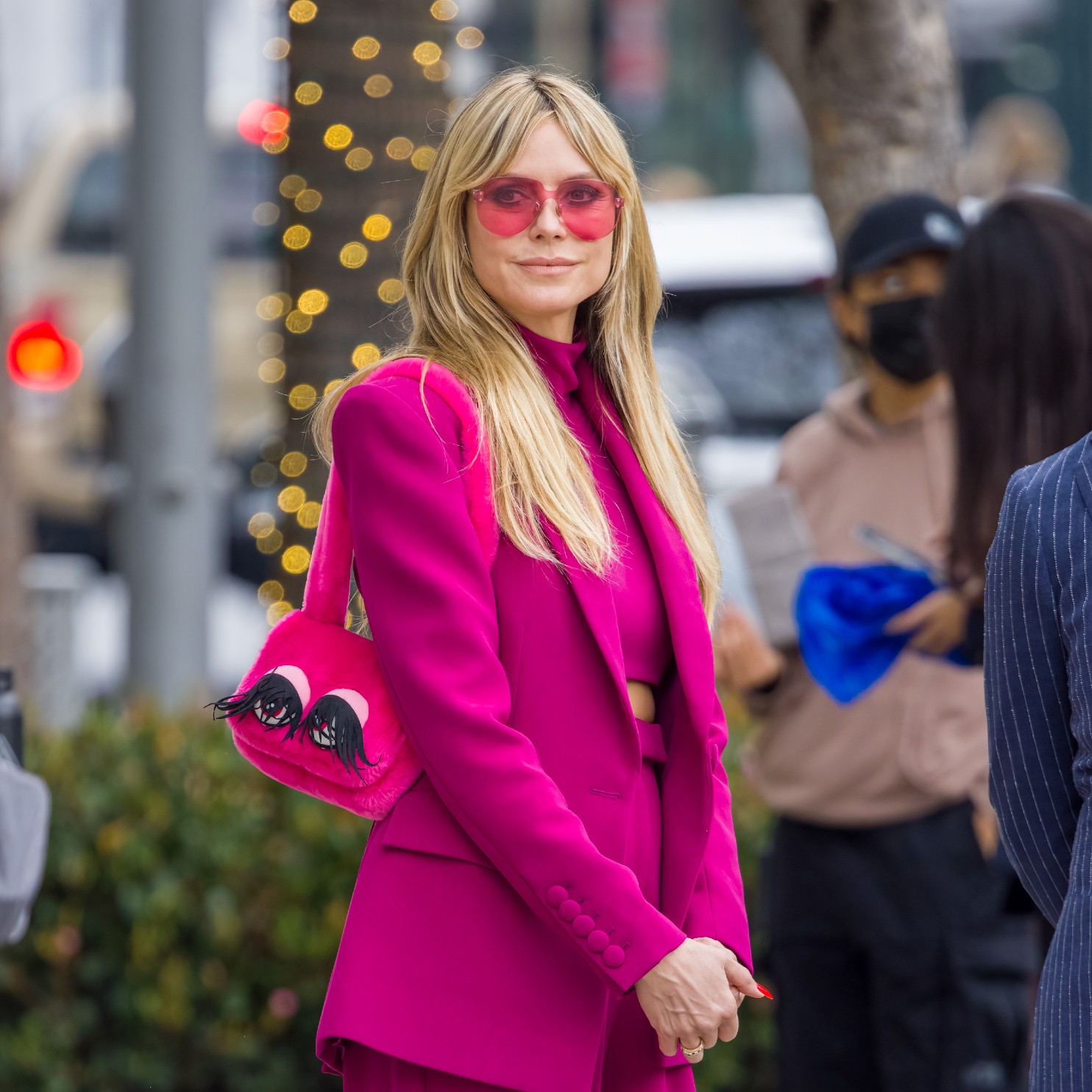 Heidi Klum Was Really "Upset" Over a False Report That She Was on a 900-Calorie-a-Day Diet
Heidi Klum Was Really "Upset" Over a False Report That She Was on a 900-Calorie-a-Day DietI'm with you, Heidi.
By Iris Goldsztajn
-
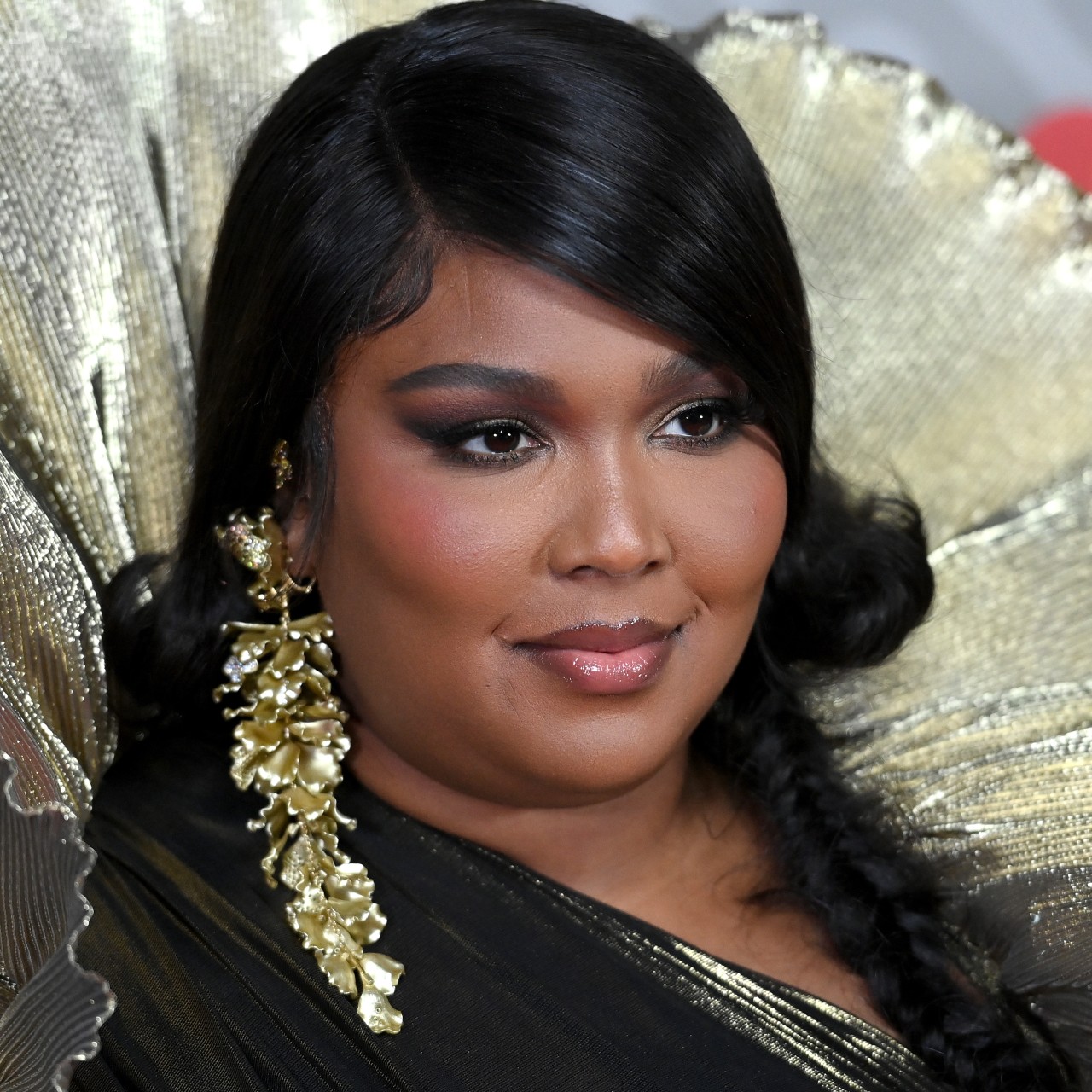 Lizzo Says She Doesn't Exercise to "Escape Fatness" in Inspiring New TikTok
Lizzo Says She Doesn't Exercise to "Escape Fatness" in Inspiring New TikTokAs ever, Lizzo is a force for good.
By Iris Goldsztajn
-
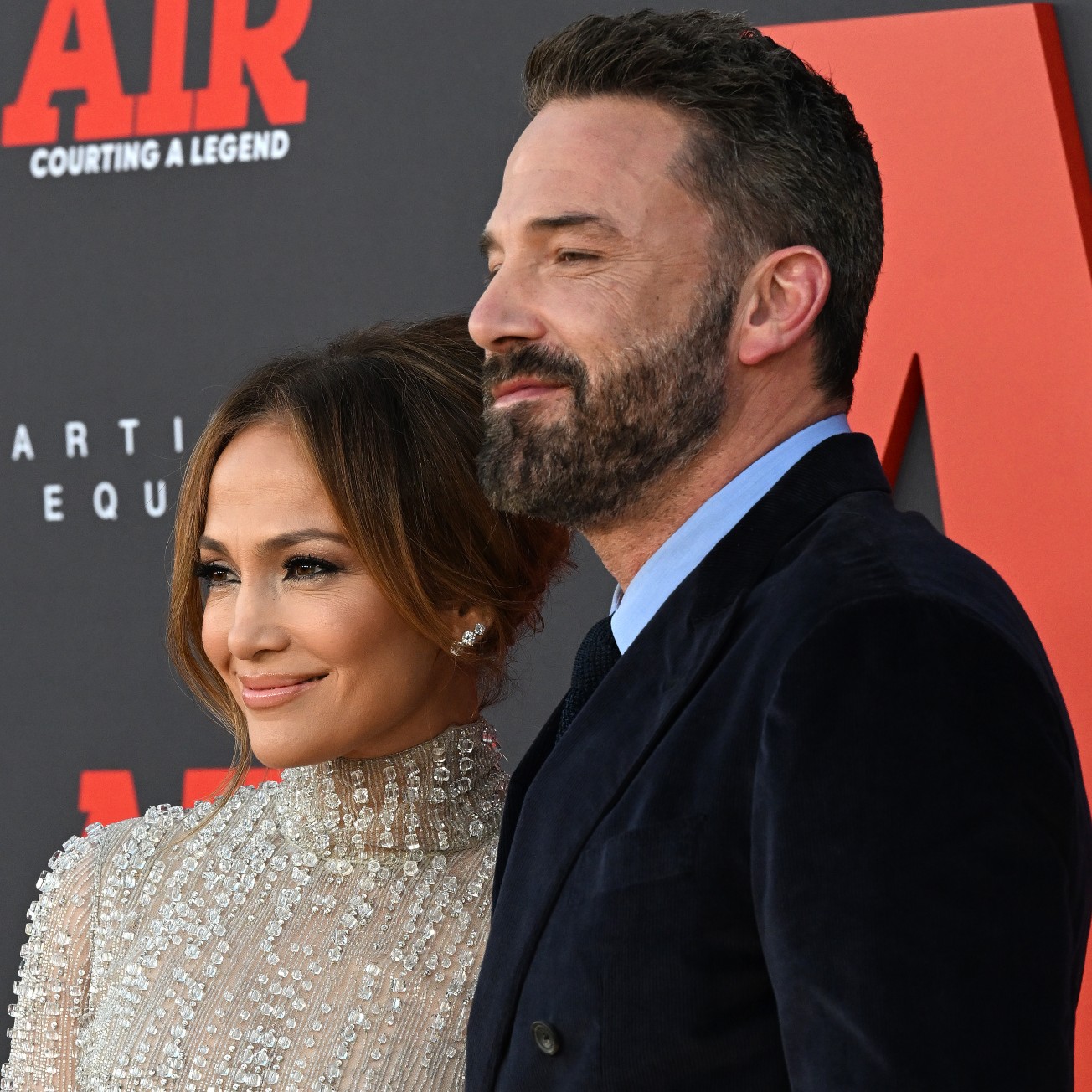 Ben Affleck Reveals That Wife Jennifer Lopez Eats \201cWhatever She Wants\201d—and Still Looks \201cSpectacular\201d
Ben Affleck Reveals That Wife Jennifer Lopez Eats \201cWhatever She Wants\201d—and Still Looks \201cSpectacular\201d\201cPizza, cookies, ice cream—everything.\201d
By Rachel Burchfield
-
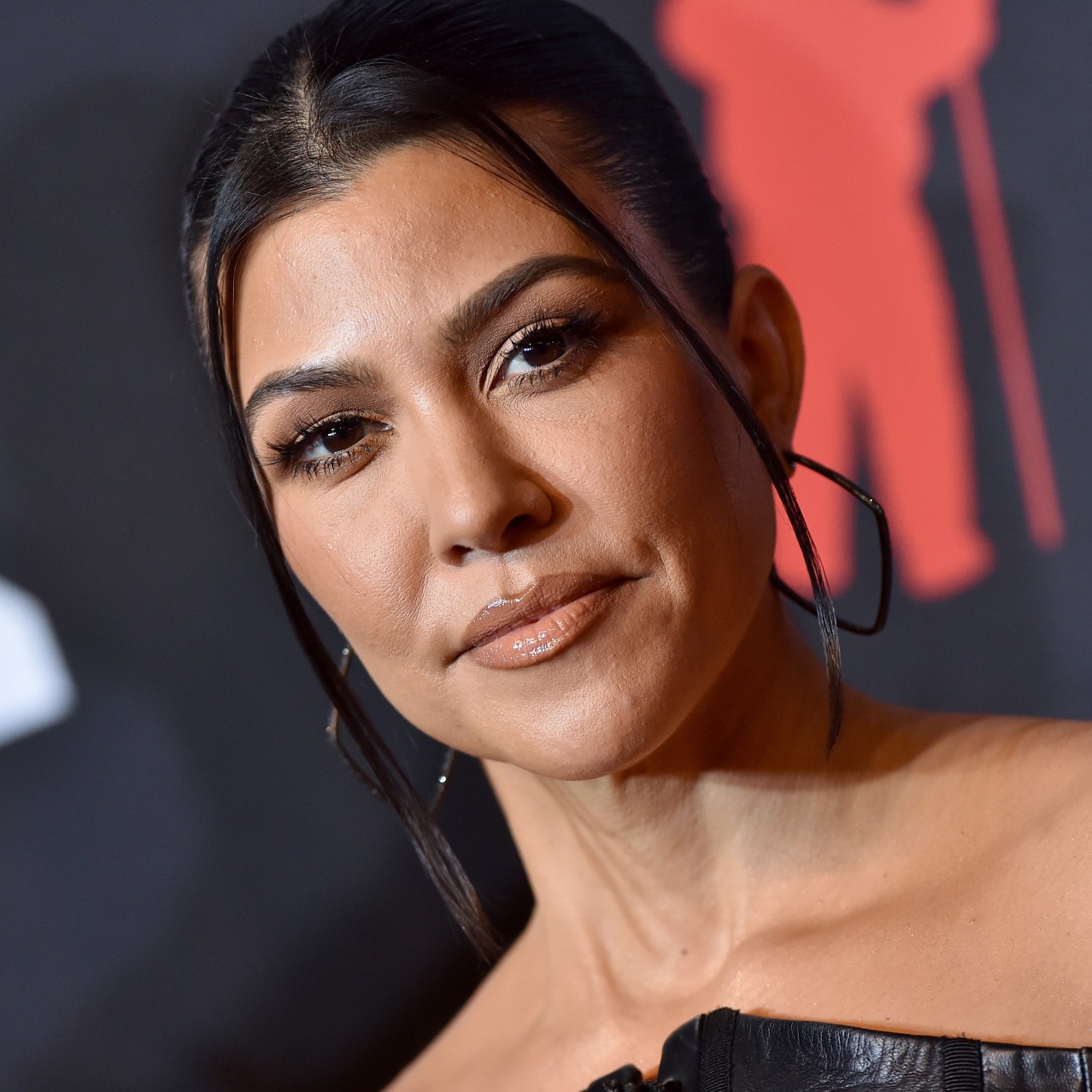 Kourtney Kardashian Launched a Vagina Gummy and People—Doctors Included—Are Furious
Kourtney Kardashian Launched a Vagina Gummy and People—Doctors Included—Are FuriousUh oh.
By Iris Goldsztajn